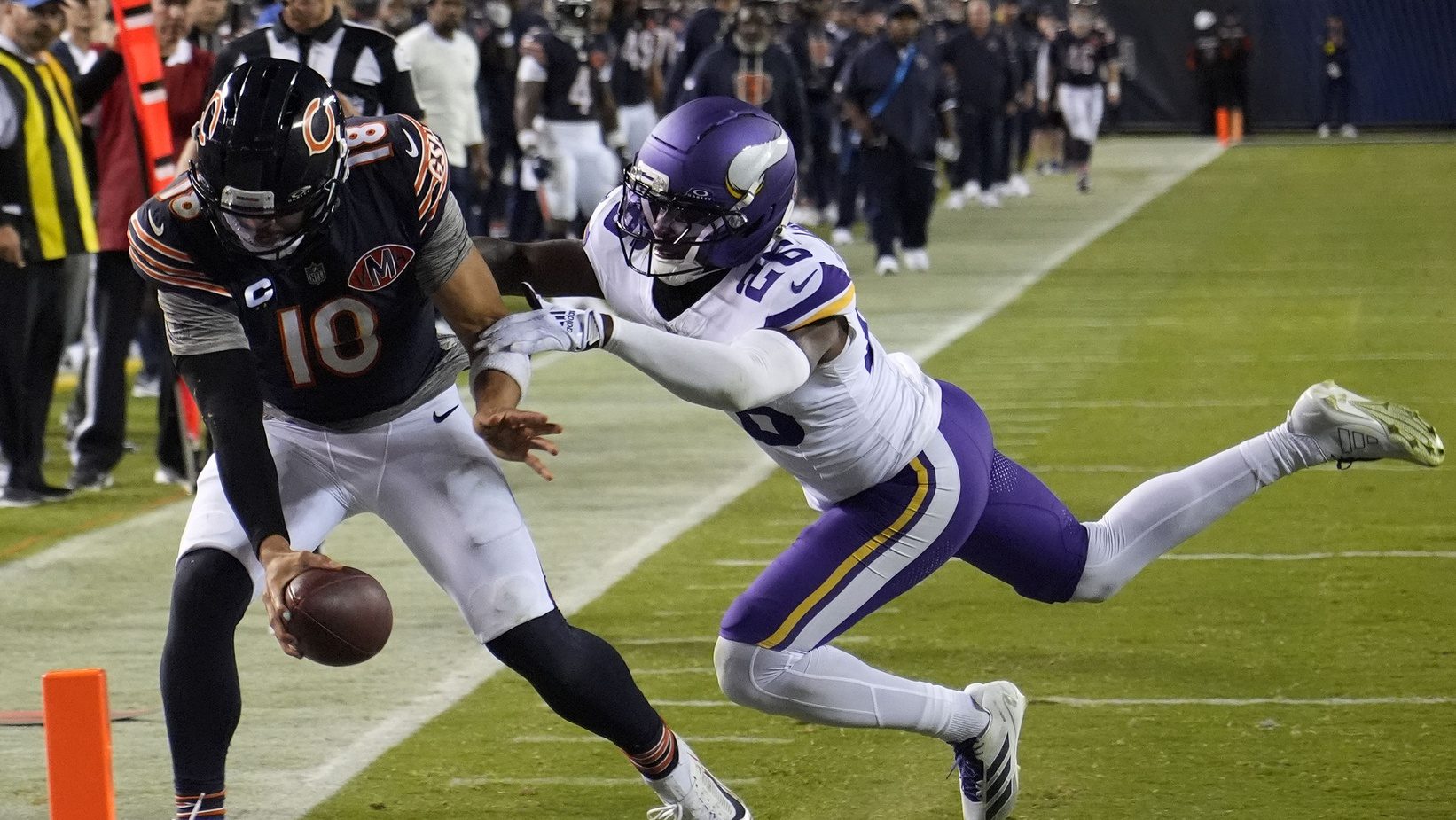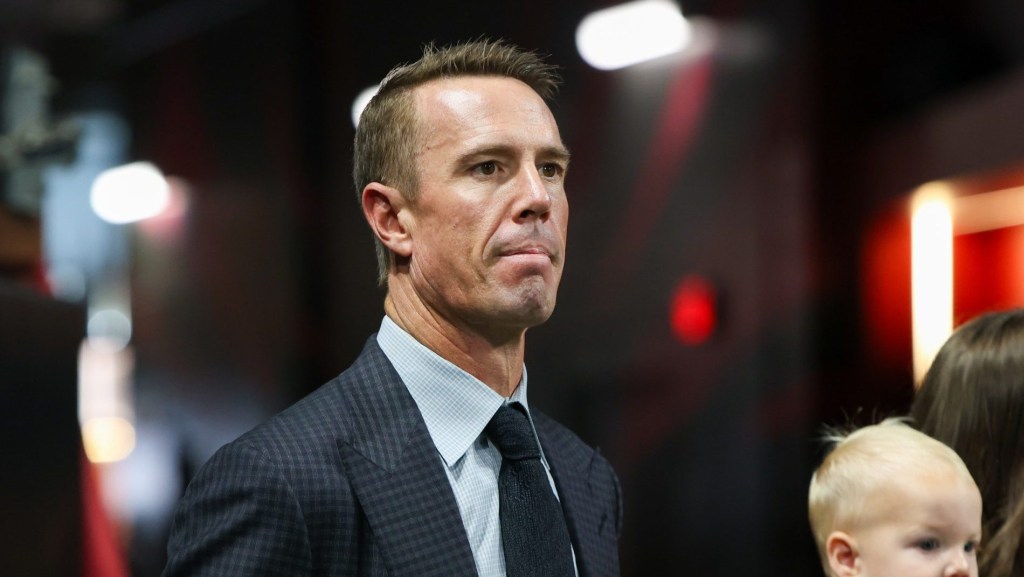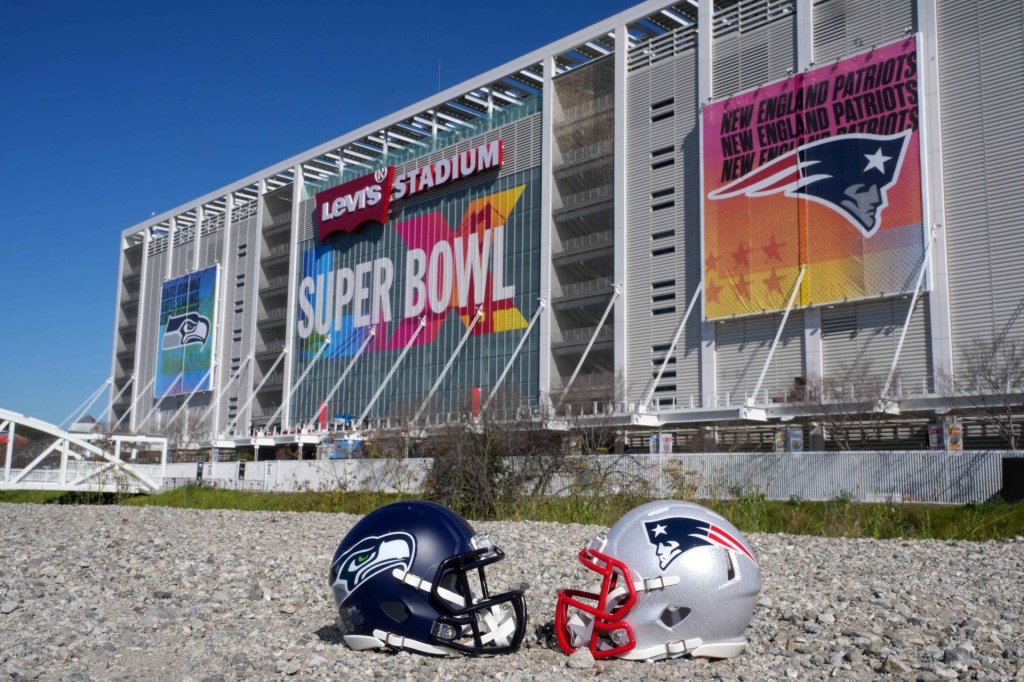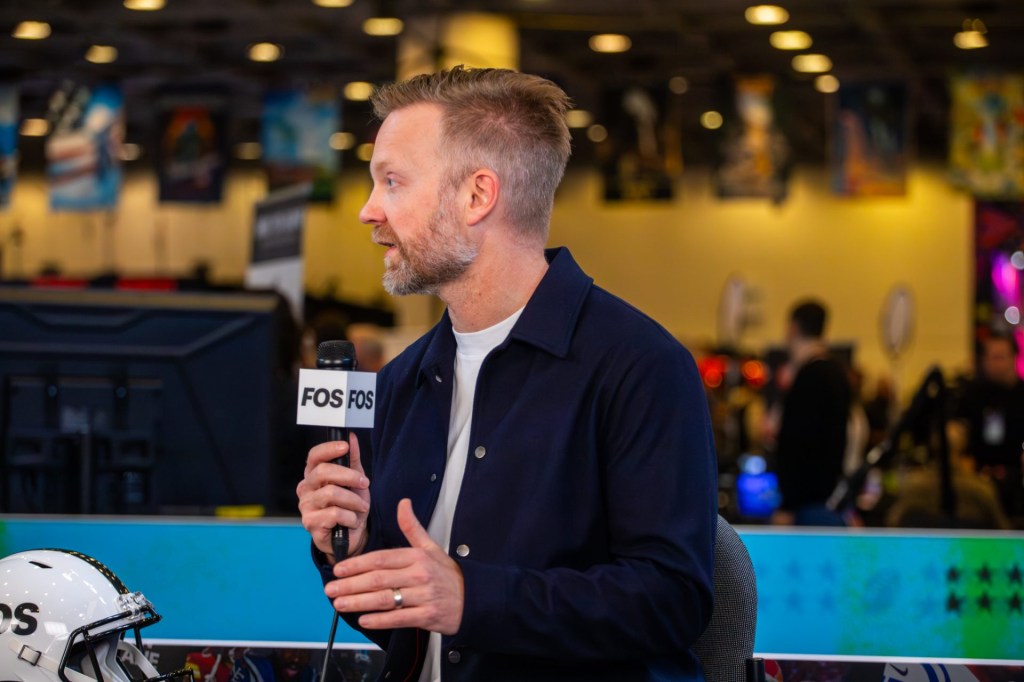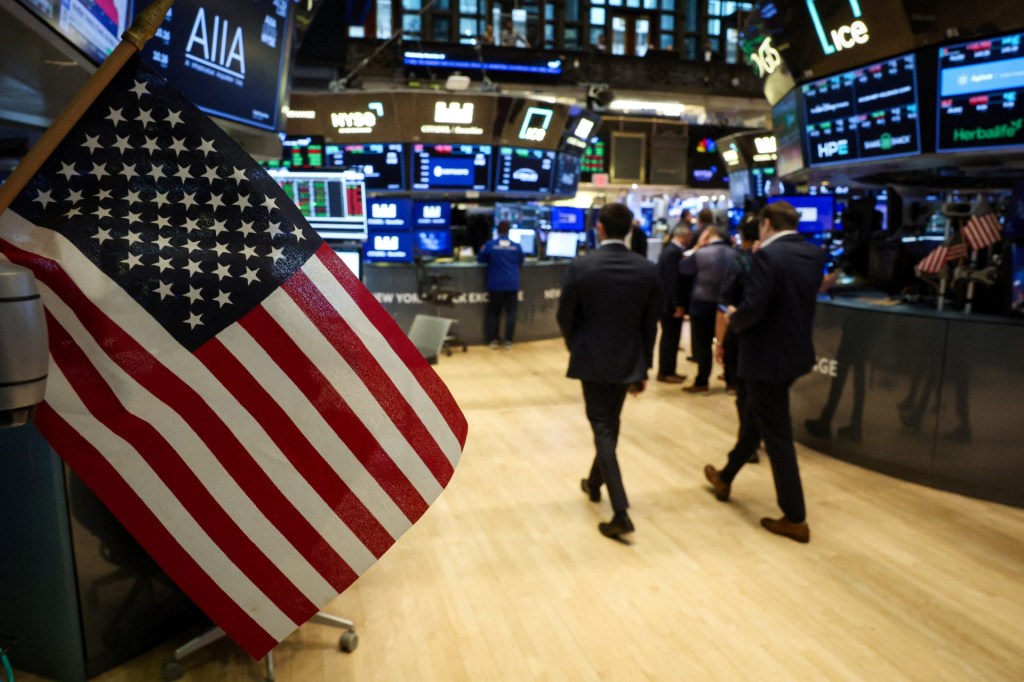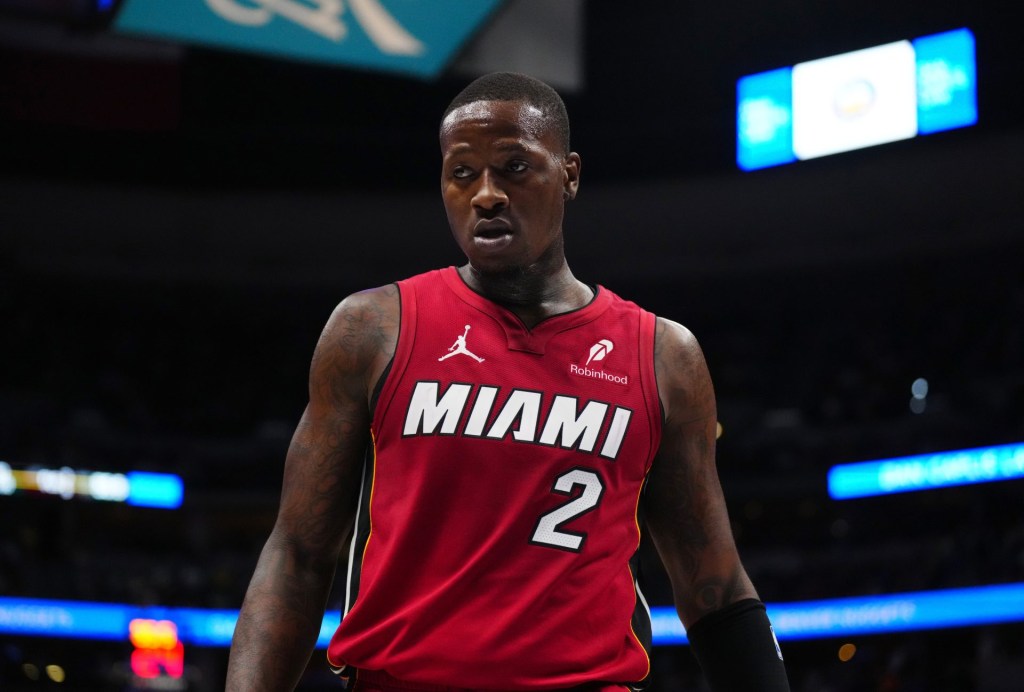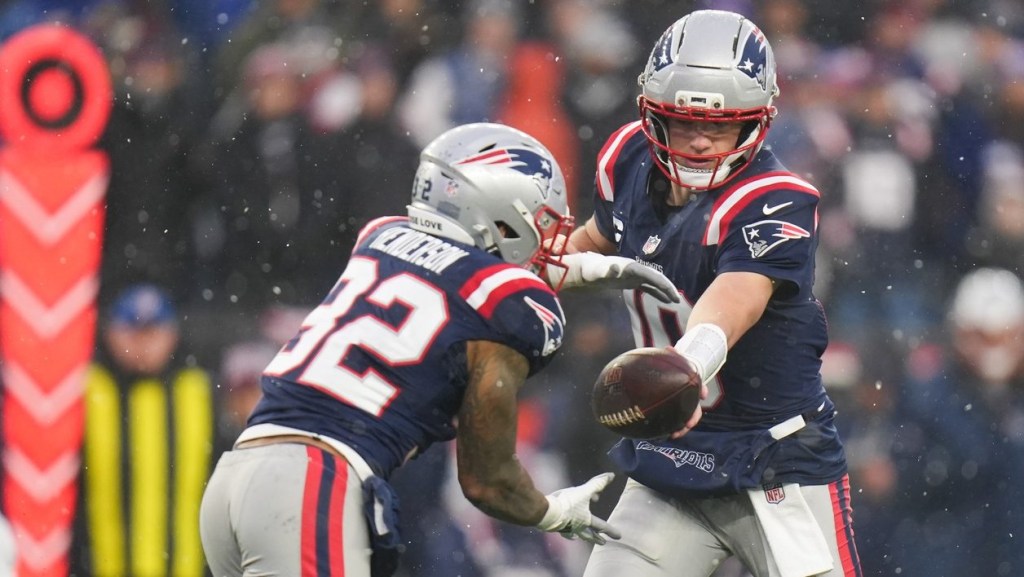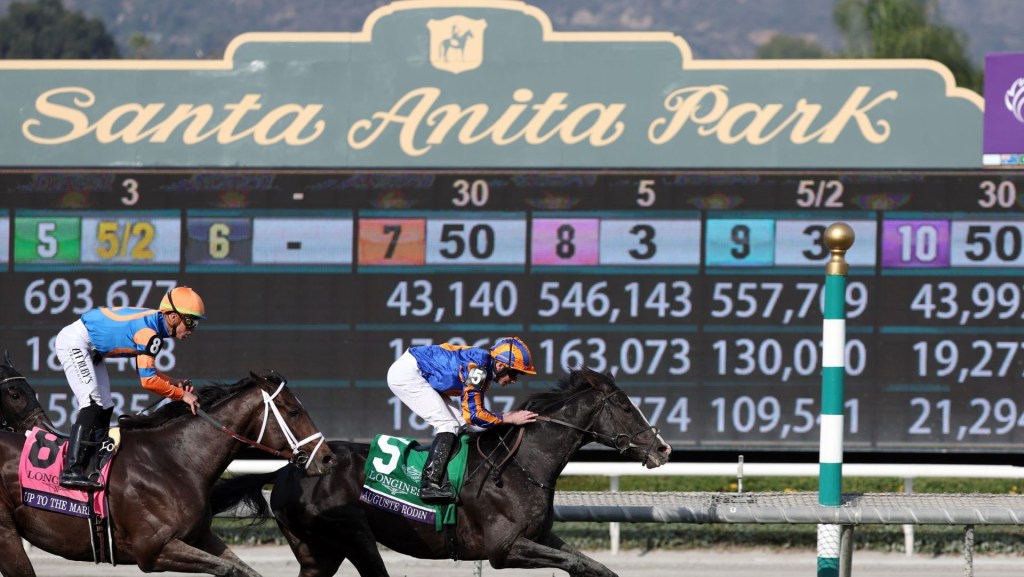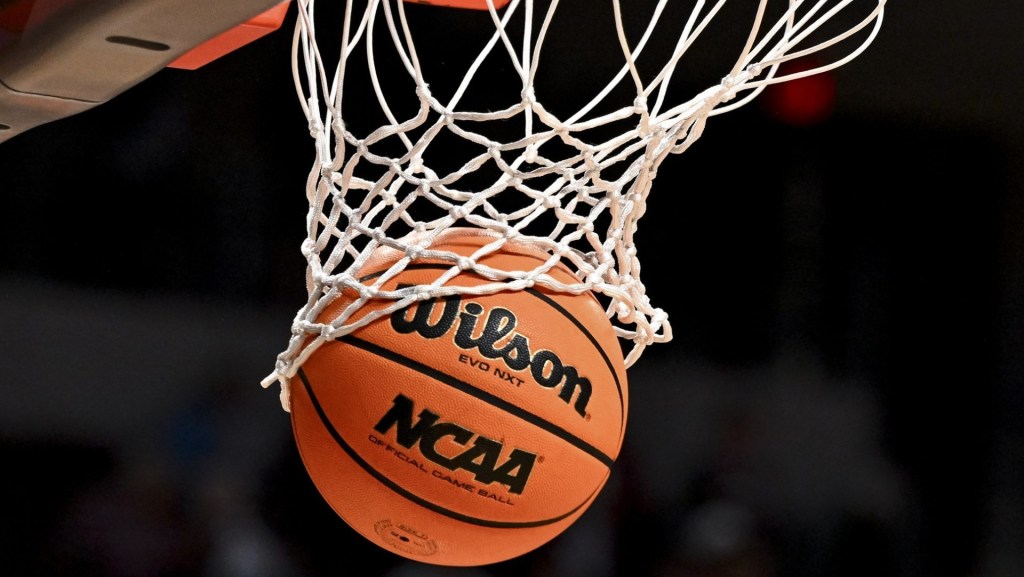Kalshi and Polymarket have been battling for prediction-market supremacy while navigating legal challenges. But new research shows that public awareness of those companies remains limited, and most Americans don’t see a difference between sports betting and sports event contracts.
Week 1 of the NFL season was prediction markets mayhem. Kalshi recorded hundreds of millions of dollars in trading activity across the entire weekend, while Polymarket—which is preparing to reenter the U.S. after being barred for three-plus years—tallied more than $32 million on game outcomes alone.
Yet new research from the American Gaming Association, provided exclusively to Front Office Sports, shows that awareness of Kalshi and Polymarket lags far behind that of Crypto.com and Robinhood, which also offer prediction markets (Crypto.com recently entered into a deal with Underdog Sports to offer sports event contracts in 16 states, while Robinhood rolled out new prediction markets—powered by Kalshi—that enable users to trade on the outcomes of pro and college football games).
Additionally, Americans aren’t buying the argument that sports event contracts are distinct from traditional sports betting—something Kalshi is arguing in multiple court battles (including lawsuits that it filed against state regulators and suits filed against it by Native American tribes).
A survey of 2,025 U.S. registered voters, conducted in early August by YouGov on behalf of the AGA, found that 85% of respondents believe sports event contracts are gambling, not a financial instrument.
Meanwhile, 84% say prediction-market platforms should be licensed on a state-by-state basis, like sportsbooks, and 65% think regulation should come from state or tribal regulators, not the Commodity Futures Trading Commission, a federal agency that Kalshi has argued in court has “exclusive” jurisdiction over its event contracts.
The results of the survey are notable, because Kalshi and Polymarket are betting on the idea that they have found a loophole allowing them to offer products that look like sports wagers without being regulated as traditional sportsbooks. Kalshi’s event contracts are available in all 50 states after it self-certified with the CFTC. Polymarket is preparing to reenter the U.S. after buying QCX, a licensed derivatives exchange. Both companies count the president’s son, Donald Trump Jr., as an advisor.
“This research has made it clear: Americans know a sports bet when they see one—and they expect prediction markets offering sports event contracts to be held to the same rules and consumer safeguards as every other state-regulated sportsbook,” said Bill Miller, president and CEO of the AGA, which is a trade group that advocates for the U.S. casino industry and supports legalized sports betting.
Industry voices note the tension between regulation and perception. A former longtime CFTC attorney tells FOS that Kalshi’s federally regulated status through the CFTC’s self-certification process gives it strong legal footing. Yet, “public perceptions about the market matter,” and “it’s very hard to say there is a distinction” between these sports event contracts and traditional wagers.”
James Angel, a Georgetown professor specializing in global financial market regulation, adds a different perspective. He tells FOS that financial markets allow people to “play” while contributing liquidity, information, and risk-bearing capacity. According to Angel, exchanges like those offered by Kalshi and Polymarket “provide safe places for people to scratch their gaming itch and I see no reason they should not be able to trade event contracts along with meme stocks.”
A representative for Polymarket did not immediately respond to a request for comment, and Kalshi didn’t provide comment by publication time.
